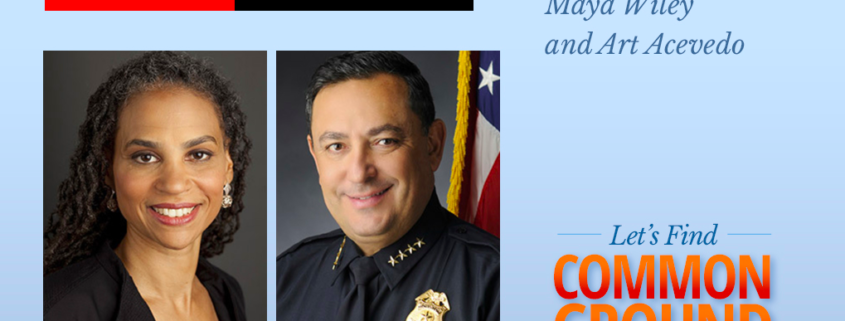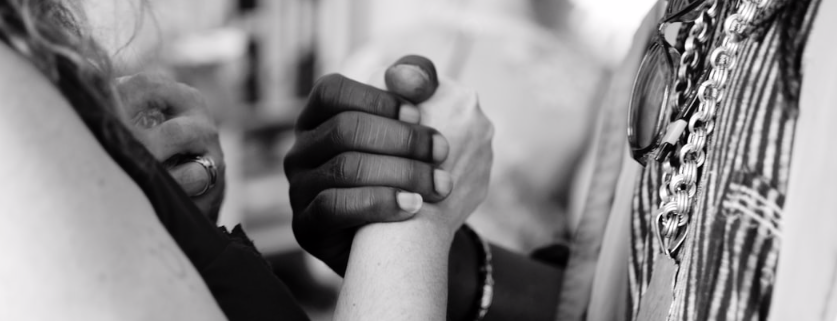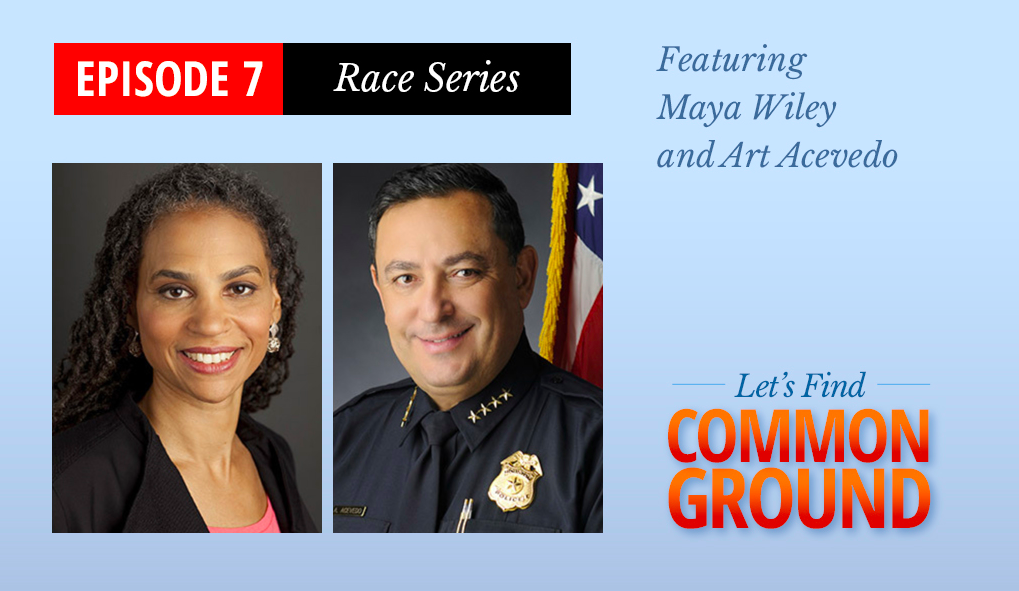
Subscribe to the Podcast




Can a police chief and a critic of policing find common ground on how to make change in law enforcement?
Outrage, grief, and despair over cases of police brutality and racism erupted nationwide, with growing demands for major reforms. The protests appeared to sway public opinion. A Washington Post poll in June found that 69% of Americans agreed that the killing of George Floyd by police in Minneapolis suggests a broader problem within law enforcement.
This podcast episode brings together a police chief and a critic of policing. Both discuss their hopes for better policing in the future, and find some areas of agreement on proposed changes, including greater diversity, better training, and firmer action against officers who step over the line.
Art Acevedo is Chief of Police for the Houston Police Department. He now serves as President of the Major Cities Chiefs Association. MSNBC legal analyst Maya Wiley is a civil rights activist, former board chair of New York City’s Civilian Complaint Review Board, and senior vice president for Social Justice at The New School.
Read the Episode Transcript
Ep. 7 – Reforming the Police
Chief Art Acevedo
Art Acevedo was sworn-in as Chief of the Houston Police Department (HPD) on November 30, 2016.
Chief Acevedo leads a department of 5,200 sworn law enforcement officers and 1,200 civilian support personnel with an annual general fund budget of $825 million in the fourth largest city in the United States.
Chief Acevedo believes good communication is vital for a successful community and steadily works to strengthen the bond between the community and its police department. A proponent of community policing, Chief Acevedo refers to the proven practice as “Relational Policing,” an opportunity to forge a relationship with each citizen an officer comes in contact with.
The first Hispanic to lead the HPD, Acevedo brings a unique understanding to the concerns of the diverse communities in the City of Houston. Born in Cuba, he was 4 years old when he migrated to the United States with his family in 1968. Acevedo grew up in California and earned a Bachelor of Science degree in Public Administration from the University of La Verne in California. Acevedo began his law enforcement career in 1986 as field patrol officer in East Los Angeles with the California Highway Patrol. He rose through the ranks and was named Chief of the California Highway Patrol in 2005. Acevedo most recently served nine years as Chief of the Austin Police Department.
Chief Acevedo holds various leadership positions with the Major Cities Chiefs Association and the International Association of Chiefs of Police. He is married with three children.
Maya Wiley
Maya Wiley is a nationally renowned expert on racial justice and equity. She has litigated, lobbied the U.S. Congress, and developed programs to transform structural racism in the U.S. and in South Africa. Ms. Wiley is currently a University Professor at the New School University. She previously served as the Senior Vice President for Social Justice at the New School University and the Henry Cohen Professor of Public and Urban Policy at The New School’s Milano School of Management, Policy & Environment. She is an expert on Digital Equity and founded and Co-Directs the New School’s Digital Equity Laboratory. Ms. Wiley is also a Legal Analyst for NBC News and MSNBC.
Prior to the New School she was Counsel to New York City Mayor Bill DeBlasio. As the Mayor’s chief legal advisor and a member of his Senior Cabinet, Ms. Wiley was placed at the helm of the Mayor’s commitment to expanding affordable broadband access across New York City, advancing civil and human rights and gender equity, and increasing the effectiveness of the City’s support for Minority/Women Owned Business Enterprises. She also served as the Mayor’s liaison to the Mayor’s Advisory Committee on the Judiciary.
Among her awards, in 2018 and 2019, Ms. Wiley was been named one of the world’s top 100 leaders in Digital Government by Apolitical. In 2017 Good Housekeeping Magazine honored Ms. Wiley as one of its “50 over 50.” City and State Magazine named Ms. Wiley one of the 100 most powerful people in New York City in 2014 and in 2015. She was named one of 20 Leading Black Women Social Activists Advocating Change by The Root in 2011. She was also honored as a Moves Magazine Power Woman in 2009.
Ms. Wiley holds a J.D. from Columbia University School of Law and a B.A in psychology from Dartmouth College.

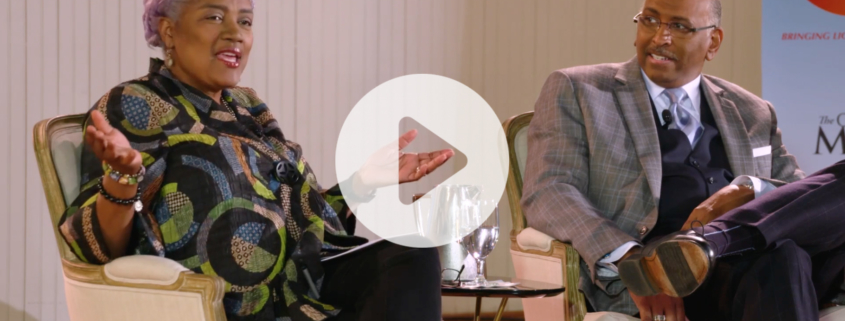


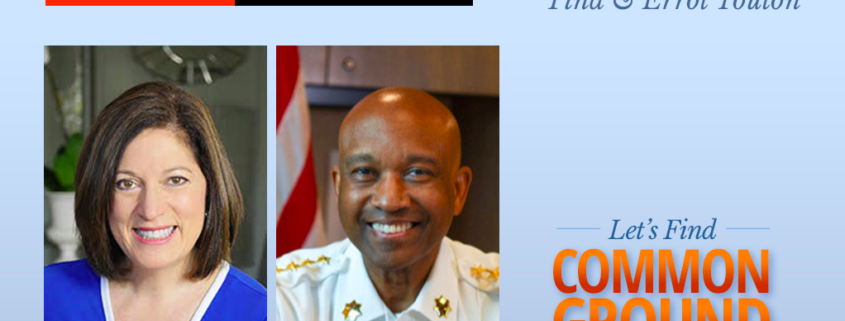
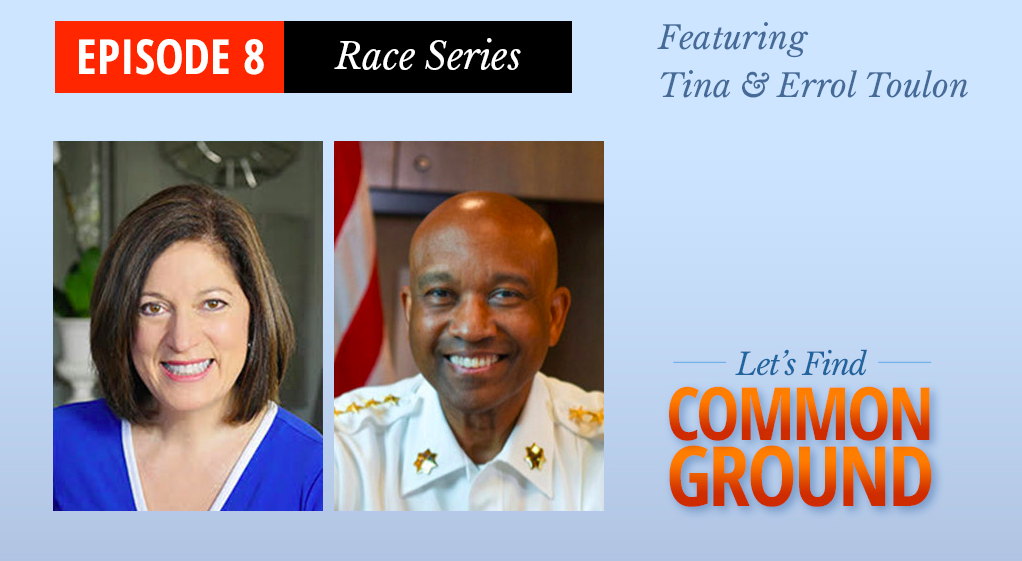




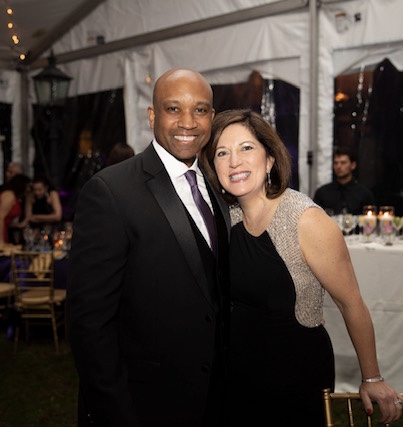 The need to find common ground for improving race relations has taken on new urgency with recent protests, and demands for profound change in America.
The need to find common ground for improving race relations has taken on new urgency with recent protests, and demands for profound change in America.